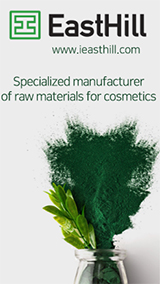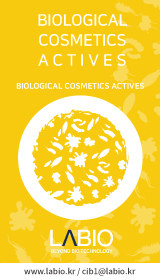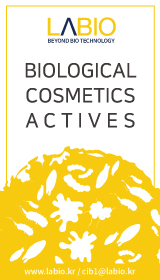Reporter Jeong Yeon-sim, a local reporter in Türkiye <Second Scene>
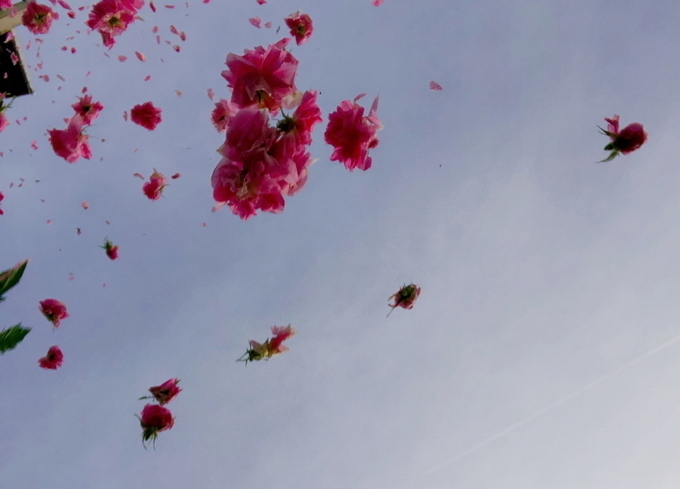
“Steal it. It is all yours.” This is the song that decorates the end of Kieslowski's film 'Decalogue 9/10'. If there is someone who is blind to you, if you want to steal your heart, how about paying attention to this flower?
flower with bones. Thus, flowers that arouse the heart. A flower that resonates at 320 MHz. A flower that creates a vibe with its fragrance. it's a rose Roses are the oldest temptation in the world.
'Apply and drink' Let's play with roses
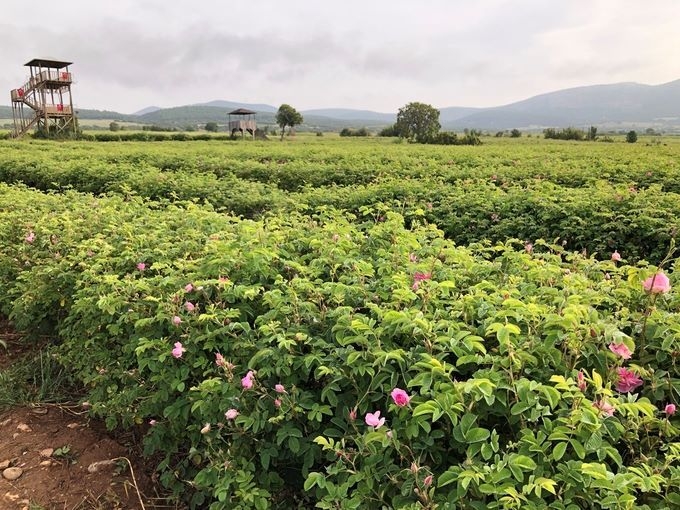
Isparta, a city in southwestern Türkiye enchants us with its roses. A rain of roses falls on the streets. The restaurant owner hands out a large handful of rose petals to the customer. In winter, Jeju's tangerines are overflowing with roses. Rose garden owners here live by selling roses for a year. It is a cornelian tree called a college tree that sells fruit and sends its children to college. The rose tree is precious and thankful.
A day in Isparta, the city of roses, starts at 5 am. Hands picking dewy roses are busy. It is rich in moisture and fragrance when picked before sunrise.
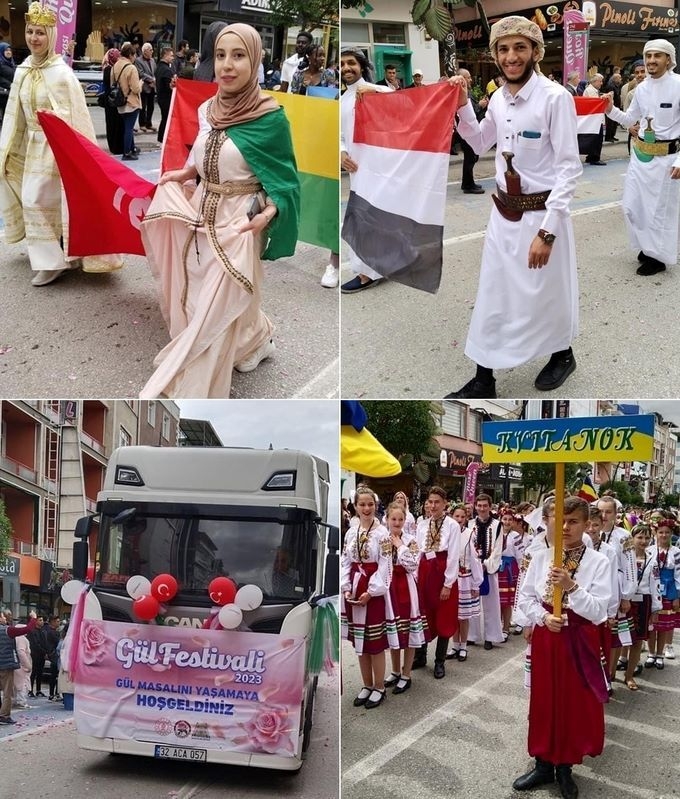
Located at an altitude of 1000 meters above sea level, Isparta is a world-class rose producer. About 65% of the world's rose oil supply is produced here. The Isparta Rose Festival is held from June 2nd to 4th. Literally, the whole city is in a festive mood.
Established Gyulbierlik, a rose cooperative... Government-led quality control
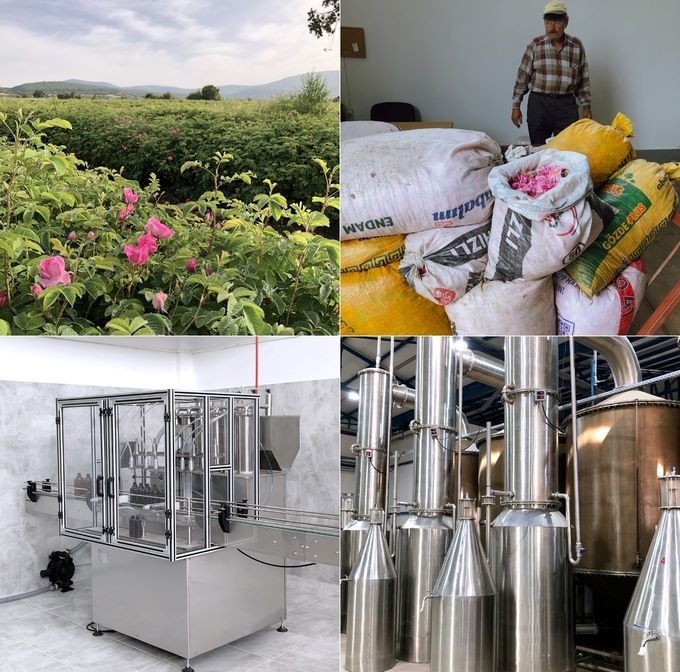
In 1954, Türkiye founded Gulbirlik, a rose cooperative in Isparta. Increase rose productivity and develop extraction technology. The Türkiye government directly jumped in to manage the quality of roses. It is responsible for determining when and how roses are harvested, and for maintaining the quality of the distillation and extraction process.
Thanks to this, 90% of roses from Isparta are moved to Grasse, France, which dominates the world perfume industry. It is used in expensive perfumes and cosmetics and is recognized for its quality.
The roses produced in Isparta's rose fields are collected at the distillery. Freshness is key. It needs to be transported quickly from the rose plantation to the factory. Workers gather the petals into sacks and feed them into the extractor all night long.
Through distillation or solvent extraction, rose oil, rose water, and rose perfume are created. After distilling rose petals, vaporized ingredients are collected as rose oil, and the rest of the moisture is rose water. Rose absolute is solvent-extracted and widely used in high-end fragrances. It takes about 5 tons of rose flowers to make 1 liter of rose oil.
Türkiye's literary shop 'Ismail Efendi'
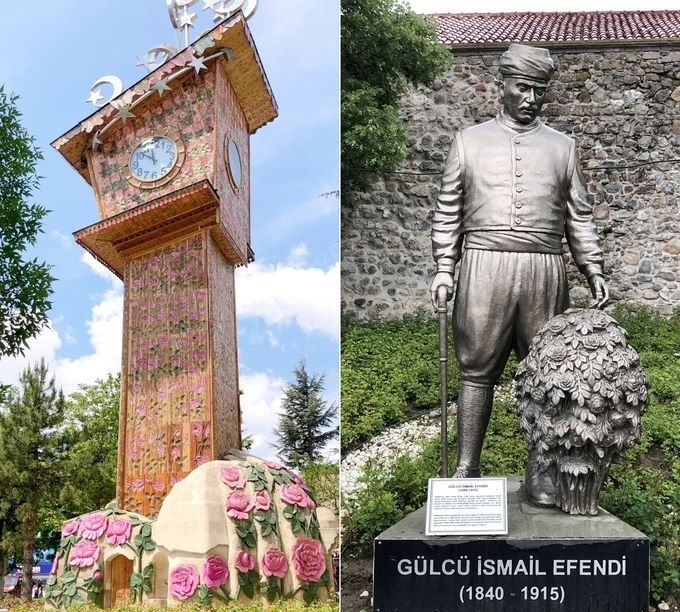
Isparta also has a profit point. This is Ismail Efendi. He is a person who secretly hid rose seeds in a stick in Bulgaria and delivered them to Isparta.
Bulgaria is the world's leading producer of roses. During the Ottoman Empire, Bulgaria was the land of Türkiye. As the Bulgarian territory fell apart, Türkiye also lost its roses. Isparta was reborn as a rose city thanks to Ismail Efendi who infiltrated Bulgaria and brought rose seeds.
Born in Isparta in 1840, he started producing roses in 1888. In 1892 he succeeded in obtaining rose oil. Isparta erects a statue of Ismael Efendi in the central square to remember him.
Excellent antioxidant/anti-inflammatory/soothing/whitening effect
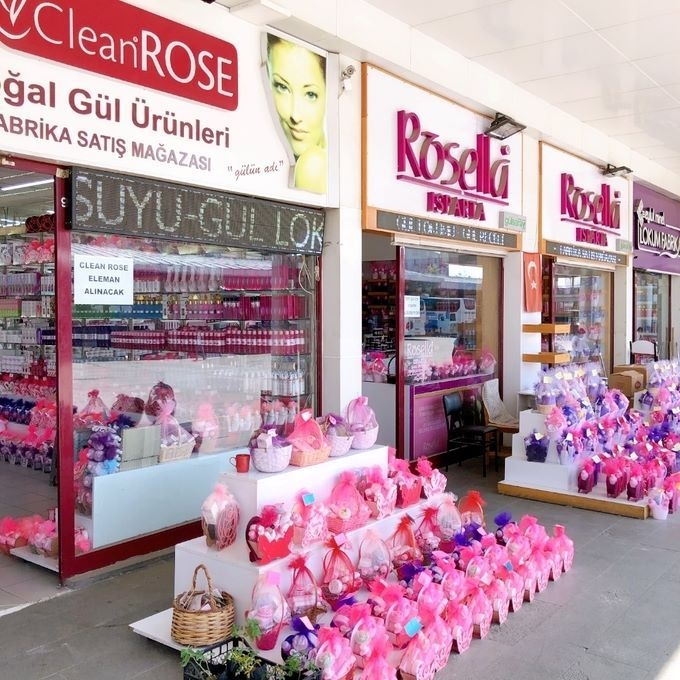
Roses are full of antioxidants called polyphenols. The farnesol component of roses inhibits the growth of bacteria and prevents trouble. Dr. Choi Sang-yoon's research team at the Korea Food Research Institute proved the effect of geranic acid, a fragrance ingredient in roses, to suppress skin pigmentation.
When geranic acid was applied to melanocytes for 3 days, melanin production decreased by 33.9%. It was also confirmed that geranic acid lowered the activity and intracellular expression of tyrosinase, which produces melanin. It is an analysis that rose has excellent skin pigment suppression activity and has a good fragrance, so it is competitive as a skin whitening agent.
In addition, Lim Tae-gyu, a senior researcher at the Korea Food Research Institute, published a thesis on the 'skin inflammation inhibitory effect of rose petal extract'.
There are also various papers that have studied the physiological activity of anthocyanin, which represents the red color of roses. As the skin care and antioxidant effects of not only roses but also plant shoots and fruits have been identified, they are being widely used in cosmetics and health functional foods.
Roses are recognized for their various skin-beautifying effects, such as △moisturizing △soothing the skin △regulating sebum secretion △improving elasticity through the astringent action of tannins △reducing pores.
In Turkey, lokum, a sweetener flavored with roses, is added to coffee drinks. Istanbul Gyulhane Park is a tourist attraction. Gul means rose in Turkish. It is often used for girls' names. Turkish people eat, apply, and smell roses. It's one way to keep beauty close by and enjoy it.

